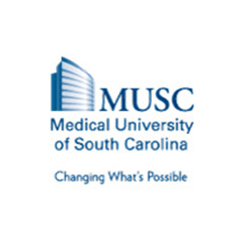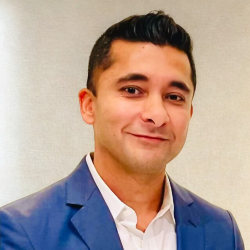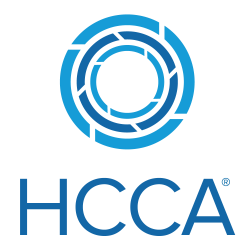The Association of Clinical Research Professionals (ACRP) welcomes The Medical University of South Carolina (MUSC) as the latest member of the ‘Workforce Innovation Steering Committee’ (WISC).
The WISC is a collaborative partnership of private and public stakeholders working to improve clinical trial quality and respond to changes impacting the workforce by providing oversight for needed standardization activities. The partnership has led several standardization initiatives in clinical research, including publication of competency guidelines for clinical trial monitors and clinical research coordinators.
“We are excited to welcome The Medical University of South Carolina to the WISC,” says Jim Kremidas, ACRP Executive Director. “Industry’s current approach to workforce planning, development, and assessment is not sustainable and is not resulting in improved clinical trial outcomes. By focusing on the talent pool today, ACRP is working collaboratively to ensure the stability of the clinical research enterprise in the future and the continued development of new drugs, devices, and therapies.”
Royce Sampson, primary administrator of MUSC’s South Carolina Clinical and Translational Research Institute (SCTR), explains, “MUSC is strongly committed to fostering workforce development initiatives and encouraging workforce diversity. We are thrilled to be included as one of the stakeholders collaborating on innovative solutions to enhance the competency, training, and career growth of clinical research professionals.”
Workforce planning, development, and assessment is imperative to the existence, quality, and efficiency of clinical research. Yet, it has been largely overlooked as industry focuses instead on the important initiatives to improve quality and efficiency through process and technology innovation.
Future WISC initiatives include development and promotion of hiring guidelines for clinical research coordinators and competency standards for principal investigators.
“By focusing on workforce initiatives, we hope to collaboratively equip industry with standardized measures of competence that will help reduce variance in workforce performance and assist in growing the clinical research workforce of tomorrow,” adds Kremidas.
If you are interested in joining the WISC and contributing to ACRP’s workforce innovation initiatives, please contact Beth Harper, ACRP Workforce Innovation Officer, at beth.harper@acrpnet.org.
Related:
- Functional Competency Guidelines for Principal and Sub Investigators
- Hiring Guidelines for Entry Level Clinical Research Coordinators
- Core Competency Framework for Clinical Trial Monitoring
- Core Competency Guidelines for Clinical Research Coordinator
About The Medical University of South Carolina
Founded in 1824 in Charleston, MUSC is the oldest medical school in the South, as well as the state’s only integrated, academic health sciences center with a unique charge to serve the state through education, research and patient care. Each year, MUSC educates and trains more than 3,000 students and 700 residents in six colleges: Dental Medicine, Graduate Studies, Health Professions, Medicine, Nursing and Pharmacy. The state’s leader in obtaining biomedical research funds, in fiscal year 2018, MUSC set a new high, bringing in more than $276.5 million. For information on academic programs, visit http://musc.edu.
As the clinical health system of the Medical University of South Carolina, MUSC Health is dedicated to delivering the highest quality patient care available, while training generations of competent, compassionate health care providers to serve the people of South Carolina and beyond. Comprising some 1,600 beds, more than 100 outreach sites, the MUSC College of Medicine, the physicians’ practice plan and nearly 275 telehealth locations, MUSC Health owns and operates eight hospitals situated in Charleston, Chester, Florence, Lancaster and Marion counties. In 2019, for the fifth consecutive year, U.S. News & World Report named MUSC Health the No. 1 hospital in South Carolina. To learn more about clinical patient services, visit http://muschealth.org.
MUSC and its affiliates have collective annual budgets of $3 billion. The more than 17,000 MUSC team members include world-class faculty, physicians, specialty providers and scientists who deliver groundbreaking education, research, technology and patient care.



